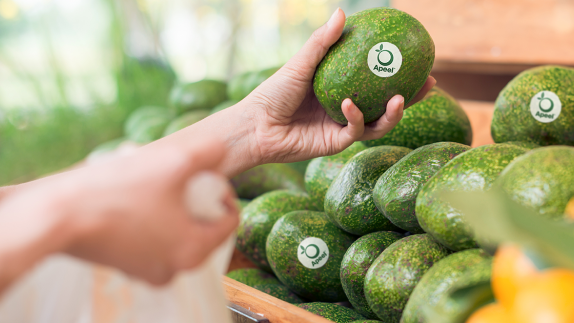
Planetarians is an ingredient technology company that transforms unavoidable by-products into alternative meat using a process called Solid State Fermentation. The process uses fungi to turn waste carbohydrates from the vegetable oil, brewing and distilling industries into protein.
Why it's an example of the circular economy
The concept of using waste to make useful products is a key pillar of the circular economycircular economyA systems solution framework that tackles global challenges like climate change, biodiversity loss, waste, and pollution. It is based on three principles, driven by design: eliminate waste and pollution, circulate products and materials (at their highest value), and regenerate nature.. Planetarians has developed a technique that “processes animal feed into meat, without the need for animals”, helping meet the increasing global demand for protein. Planetarians technology provides a way to produce alternative meat without the need for rearing livestock.
Benefits
Economic
This method is very cost-effective compared to producing meat by rearing livestock, with prototypes demonstrating cost parity with chicken and beef, around $1.10/kg. It’s also cheaper compared to other alternative sources of protein, such as soy concentrate or pea isolate. Planetarians hope that their technique can ‘unlock affordable nutrition’ by manufacturing meat at low cost.
Environmental
Planetarians’ techniques can help in the transition to a food system where there’s no concept of waste, eliminating the negative environmental impacts of food waste.
Producing alternative meat directly from food by-products instead of rearing livestock for meat:
significantly reduces the greenhouse gas emissions of producing meat
is more water efficient, using half a litre of water compared to rivals using up to 20-30 liters per kg of final product
reduces the conversion of natural ecosystems to agricultural land, reducing pressure on biodiversity
Changing consumer preferences
In recent years, many new plant-based products made from alternative proteins have emerged, making it one of the fastest growing product categories according to the Plant Based Food Association. The COVID-19 pandemic helped to further accelerate this growth, as interest in alternative proteins spiked after the meat supply was disrupted and consumers became aware of contamination risks at meat processing facilities.
Simultaneously, the pandemic provided the Planetarians team with an opportunity to invest more time producing and refining their product prototypes to better capitalise on increasing consumer interest.
A versatile technology that can use diverse ingredients
Planetarians tested their ‘ingredient agnostic’ technology on a wide variety of by-products of existing food production, including soy and sunflower oil cake (a by product of the vegetable oil industry), spent brewers grain, a by-product of the brewing industry and Corn DDGS, a by-product of distillation, and starchy ingredients such as pea.
Whilst traditional manufacturers are limited by the characteristics of animal flesh, Planetarians products are less constrained and can offer a whole range of creative applications by experimenting with the characteristics of the ingredients. As founder Aleh Manchuliantsau says to FoodNavigator-USA: “Imagine a pepperoni pizza, where the crust contains more protein than the pepperoni and the pepperoni is made from plants”.
In 2018, they produced a high protein sunflower crisp snack, which quickly sold out. Other innovations include a jerky-like bar made from peas, soy-based bbq boneless ribs and a steak made from defatted sunflower seeds.
Collaboration across the food system
Planetarians worked with BLU1877, the venture arm of food brand Barilla, to develop prototype products made from their high protein flour, including pasta, bread and biscuits. According to Manchuliantsau, this collaboration has been very successful because Barilla did not try to lock them into producing one specific product type early on, but instead helped them to refine and explore different applications for their ingredients.
Since then they’ve received further investment from Barilla and Amadori, a meat processing company. Working in compliance with FDA and EFSA regulations, Planetarians are continuing to seek out future collaborations with food manufacturers and brands across the globe to expand uptake of their technology.






